
Thirsty Dragon: China's Lust for Bordeaux and the Threat to the World's Best Wines
Book
The wine merchants of Bordeaux and the rising entrepreneurs of China would seem to have little in...
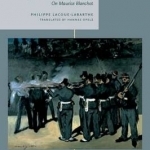
Ending and Unending Agony: On Maurice Blanchot
Philippe Lacoue-Labarthe and Hannes Opelz
Book
Published posthumously, Ending and Unending Agony is Philippe Lacoue-Labarthe's only book entirely...
Janet Frame in Focus: Women Analyze the Works of the New Zealand Writer
Book
The reputation of Janet Frame, modern New Zealand writer, languishes. [Janet Frame] will bring more...
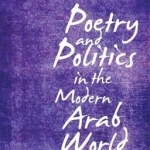
Poetry and Politics in the Modern Arab World
Book
The representation in poetic form of political events and ideas in the Arab world since the...
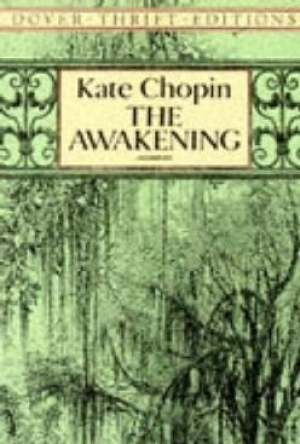
The Awakening
Book
The text is that of the first edition of the novel, published by Herbert S. Stone in 1899. It has...

All the Light We Cannot See
Book
A beautiful, stunningly ambitious novel about a blind French girl and a German boy whose paths...
History WWII Fiction
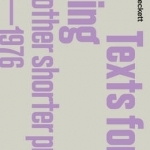
Texts for Nothing and Other Shorter Prose, 1950-1976: AND Fizzles
Book
This is the last of three volumes of collected shorter prose to be published in the Faber edition of...
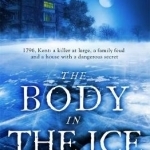
The Body in the Ice: A Gripping Historical Murder Mystery Perfect If You Love S. J. Parris
Book
A twisting tale of murder, mystery and eighteenth-century England by a dramatic and gripping new...
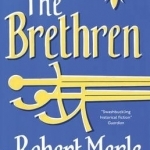
Fortunes of France: The Brethren: No.1
Robert Merle, Neil Gower and T. Jefferson Kline
Book
The Perigord of sixteenth-century France is a wild region on the edge of the reaches of royal...
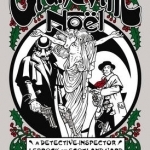
Grandville Noel
Book
With his trusty adjunct, Detective Sergeant Ratzi, away for Christmas, there's no holiday for...
